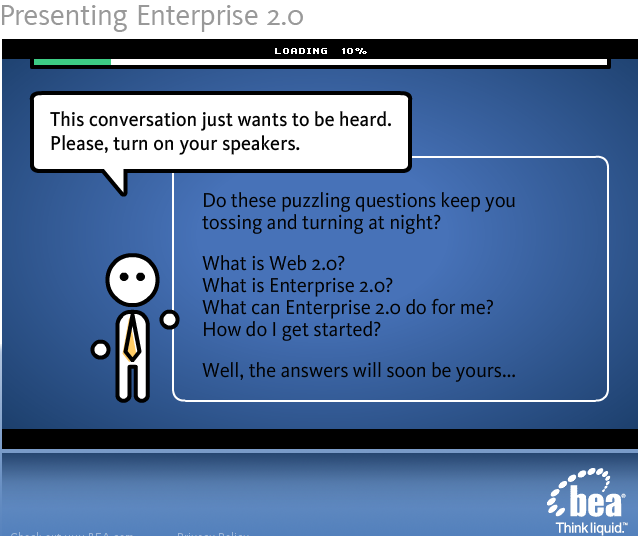Via doIT-online gefunden: Eine aktuelle Studie der Universität Leipzig zu der Bedeutung angepasster Kommunikation für das Innovationsmanagement (es gibt einen 68-seitigen Ergebnisbericht). Konkret wird auf Open Innovation-Initiativen eingegangen, u.a. mit der Diagnose, dass sich hier neue Anforderungen an das Kommunikationsmanagement ergeben und dass leider (noch):
vielfältige Chancen vergeben [werden], beispielsweise bei der Schaffung eines zukunftsgerichteten Innovationsklimas im Unternehmen und der erfolgreichen Einführung neuer Produkte und Dienstleistungen.
Einige meiner Key-Learnings aus dem Bericht:
– strategisches Verständnis für Open Innovation ist vorhanden; aber die notwendigen Strukturen fehlen
– Open Innovation wird meist einseitig verstanden: Wissen wird eingebunden, aber nicht abgegeben
– systematisch verzahnt sind Innovationsprozess und Kommunikation nur in jedem zehnten Unternehmen
– die Unterscheidung in fünf unterschiedliche Typen der Innovationskommunikation (Traditionalisten, Strategen, Taktiker, Allrounder, Spielmacher)
Richtig, der Übergang von Closed Innovation zu Open Innovation muss mit einem veränderten Kommunikationsverhalten einhergehen. Und ja, der Open Innovation Ansatz muss als ganzheitliche Strategie verstanden werden, die Öffnung des Unternehmens für externe Innovatoren kann sich nicht auf singuläre Innovationsprojekte beschränken, sondern muss u.a. durch die Anpassung von Marketing- und Kommunikationsstrategien, d.h. die Wahl des “richtigen” Mix von Massen- und Individualkommunikation etc flankiert werden.
Wo kommt hier Enterprise Social Software wie Unternehmenswikis oder Projektblogs ins Spiel? An mehreren Stellen – im Wissensmanagement, in den Prozessen der Zusammenarbeit, die jetzt mehr und heterogenere Partner umfassen, letztlich auch in einer veränderten Interaktions- und Kommunikationskultur. Der Einsatz von Social Software wie bspw. Weblogs, Wikis, Social Networking Plattformen etc. für unternehmensübergreifende Prozesse, bspw. im Rahmen von Open Innovation, ist ein Thema, das zunehmend an Fahrt gewinnt.
Für mich ist ein zentraler Aspekt, dass die Einbindung externer Partner die ohnehin hohe Bedeutung von “tacit interactions”, ad-hoc Kollaborationen, Diskussionen etc. in Innovationsprozessen weiter erhöht. Die Öffnung der Innovationsprozesse ist Kernidee von Open Innovation, die Anpassung der Ideen des Web 2.0 in Unternehmen sind eine stimmige Möglichkeit diese grundlegend zu verändern und zu öffnen – gerade Wikis sind eine “natural infrastructure” für vernetzte Wertschöpfungsstrukturen. Sie sind adaptive Infrastrukturen die genutzt werden können um Organisationsgrenzen zu überbrücken, wobei flexible Benutzer- und Zugangsverwaltungen es erlauben schnell und flexibel neue Mit-Innovatoren einzubinden und zu beteiligen.



